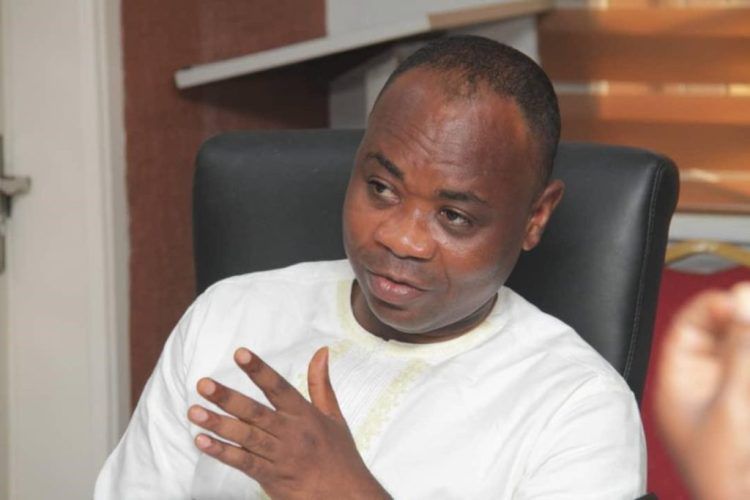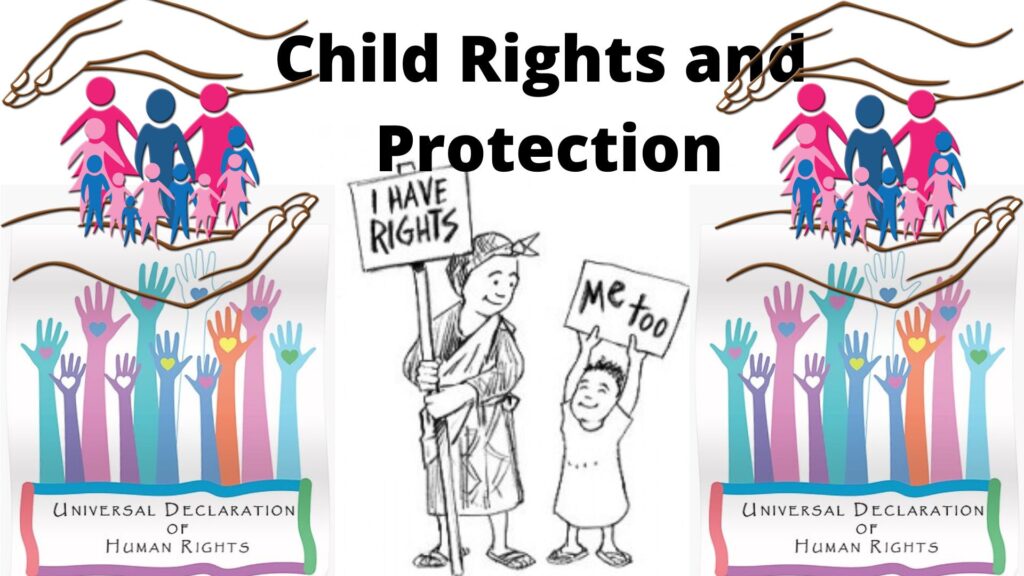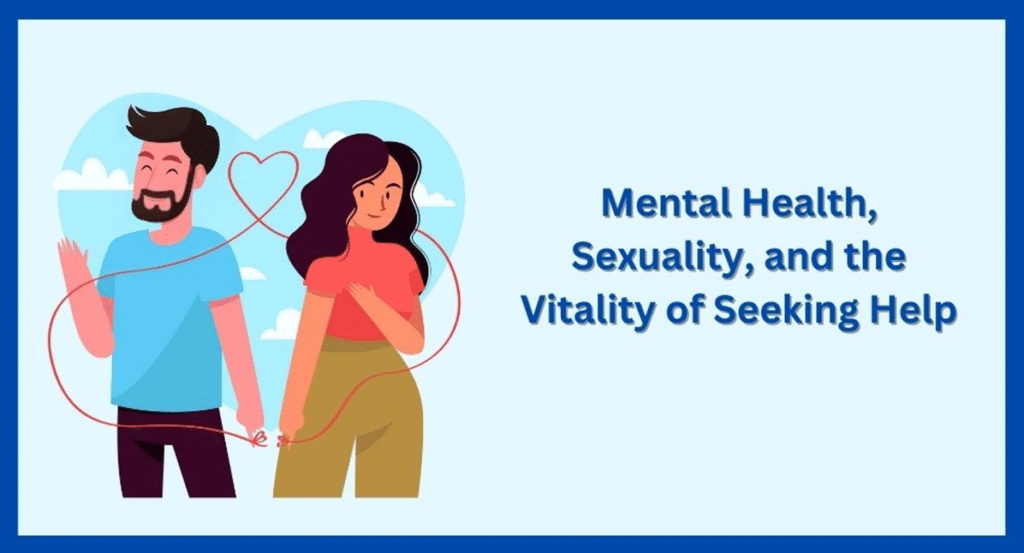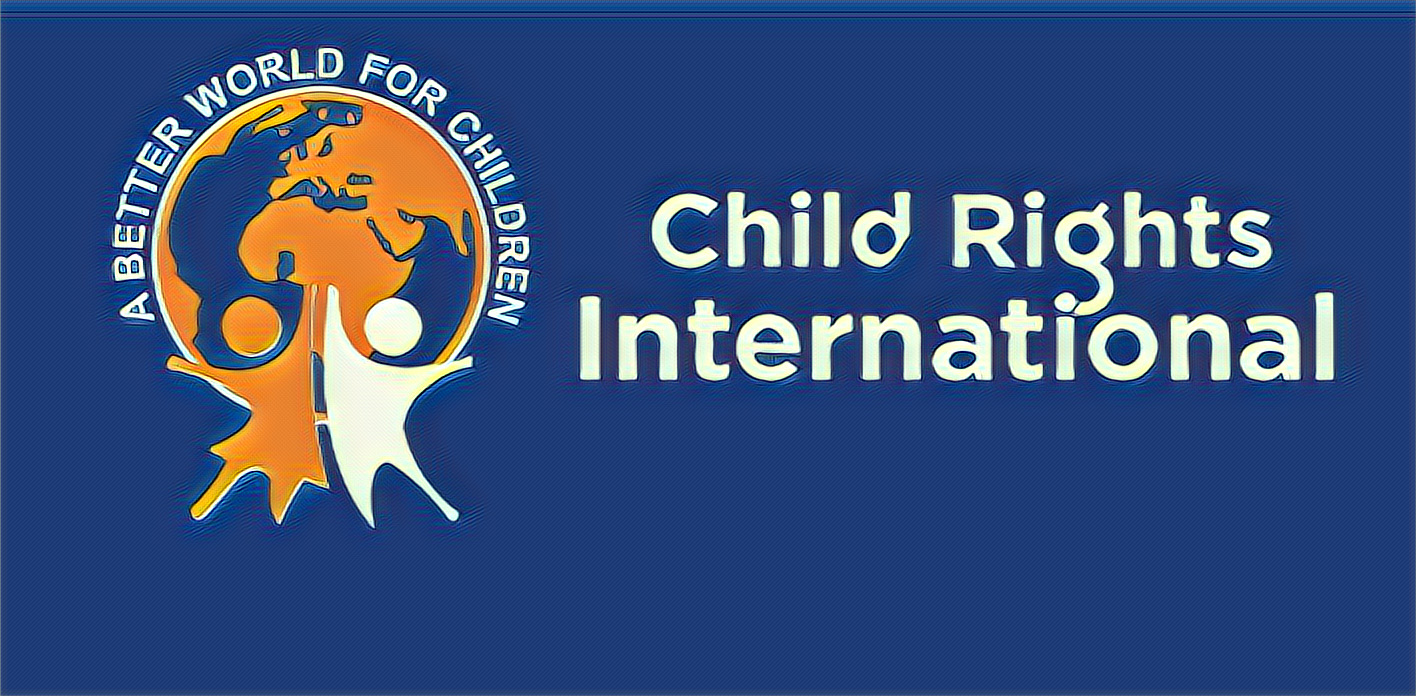Child’s Rights International (CRI) has demanded stronger and faster punitive measures for perpetrators of sexual offences against children, describing the current justice process as too slow and bureaucratic to serve as an effective deterrent.
The call comes after a disturbing viral video showed a man allegedly sexually assaulting a 13-year-old girl in public — an act that has sparked widespread outrage across Ghana and renewed conversations about the country’s child protection system.
The footage, which circulated on social media earlier this week, appeared to show a man forcing a minor into a sexual act while claiming to “punish” her for allegedly stealing from him. The disturbing clip has prompted both public condemnation and demands for swift justice from child protection advocates and law enforcement bodies.
Authorities have since confirmed investigations into the incident, though details about the suspect’s arrest and charges remain unclear.
CRI Calls for Faster Justice System

The Executive Director of Child’s Rights International, Bright Appiah, described the act as “deeply troubling” and criticised the seeming impunity that emboldens offenders to commit such crimes in public.
Mr. Appiah argued that Ghana’s judicial processes often take too long to deliver justice in cases of defilement and rape, weakening public confidence and the system’s ability to deter future offenders.
“It’s frightening how some people act without fear of consequence. If people still commit such acts despite knowing the punishments, it raises questions about the effectiveness of our advocacy and enforcement against gender-based violence,” he said.
He added that the state must ensure citizens are well-informed about existing laws and the penalties for sexual violence. According to him, a system that delivers quick, consistent, and firm punishment will discourage others from engaging in similar acts.
Beyond punishment, CRI also stressed the importance of providing psychological and medical support for victims. Mr. Appiah emphasised that survivors of child sexual abuse often face long-term trauma that requires structured counselling and rehabilitation.
“We must ensure that the victim receives psychological, medical, and rehabilitation support to recover from the experience,” he stated, warning that failure to provide adequate care can lead to lifelong emotional scars.
According to Ghana’s Domestic Violence and Victims Support Unit (DOVVSU), hundreds of defilement cases are reported each year — yet many victims face barriers such as stigma, family pressure, and prolonged trials, which discourage them from pursuing justice.

Ghana has made significant progress in protecting children’s rights, particularly through the Children’s Act (Act 560) and the Criminal Offences Act, which criminalises sexual abuse and exploitation. However, advocacy groups argue that enforcement remains inconsistent, especially in rural areas where cultural silence and fear of reprisal often prevent victims from speaking out.
Statistics from UNICEF indicate that one in five girls in Ghana experiences sexual violence before age 18. Experts say this alarming rate underscores the need for faster prosecutions, community education, and better support systems for victims.
Local NGOs, including Plan International Ghana and Ark Foundation, have echoed CRI’s call, urging the government to strengthen coordination between law enforcement agencies, social welfare departments, and the judiciary to ensure victims receive timely justice.

Child sexual abuse remains one of the gravest human rights issues confronting Ghana and other African nations. Delays in prosecution not only traumatise victims further but also embolden offenders. Addressing such cases swiftly sends a powerful message that Ghana prioritises the safety and dignity of its children — a cornerstone of sustainable national development.
As digital technology exposes more such incidents, experts warn that both preventive education and legal deterrents must be strengthened to protect children from online and offline predators alike.
While the latest incident has reignited calls for reform, activists hope it will lead to tangible policy changes — including special fast-track courts for child-related offences and enhanced victim care across all regions.
Until then, groups like Child’s Rights International (CRI) continue to urge the state and citizens alike to defend the rights of children, not just in words but through swift justice, community vigilance, and compassion.
Read also: MP Hassan Tampuli Demands Return of Anti-LGBTQ+ Bill, Warns Government of Fallout

